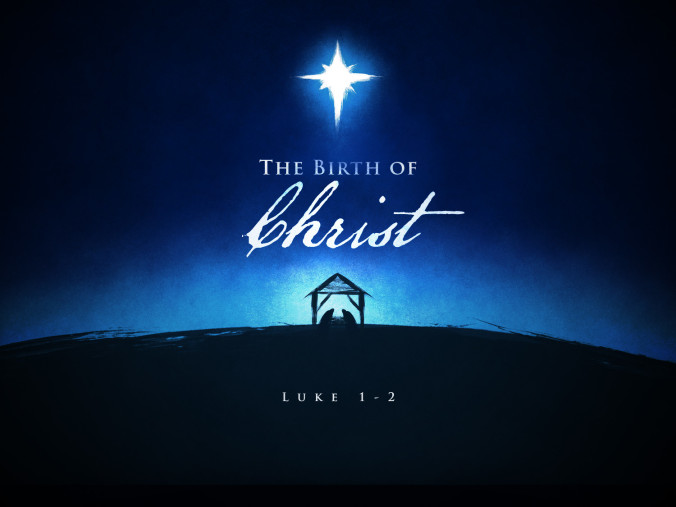I use Twitter for a lot of reasons. Sometimes to keep up with the news, sometimes for edification. I follow one of many Charles Spurgeon Twitter accounts that post quotes from Spurgeon (and if you don’t know, we named Haddon after Spurgeon’s middle name). One of the tweets struck me recently because of the Christmas season.
'Unto us a child is born'. But then it is added, 'Unto us a Son is given.' Christ was not only born, but given.' – Spurgeon
— Charles Spurgeon (@Spurgeon_) December 16, 2014
Christmas is about the birth of Jesus Christ. No matter how much the meaning may have been lost over time, it comes back to Christ being born. In light of celebrating the birth of Christ (and this Spurgeon quote, which stems from Isaiah 9:6), I’ve meditated on the significance of having God’s presence given to us.
In the Old Testament, God’s presence was visible and experienced by many, but it was temporary. From the Garden to the building of the Temple in Jerusalem, sin created a distance between God and His people. This is primarily why the sacrifices were initiated in the book of Leviticus — to bring the people back into God’s presence.
So what’s the big deal about God’s presence? Well, with Christmas Day being tomorrow (or today depending on when you’re reading this), the significance of Christ’s birth is that it signifies a change in which God’s presence dwells among His people. God’s presence is not going to be tied to one location (the temple), nor will it be temporary. Christ’s birth marks the beginning of God’s presence dwelling permanently among His people — through faith in Jesus Christ alone.
John 14:23 states, “If anyone loves me, he will keep my word, and my Father will love him, and we will come to him and make our home with him.” This is one of many reasons to celebrate Christ’s birth. For this promise in John 14:23 would not have happened if Christ was not first born in a manger on Christmas day.
So while Christmas will be filled with family, presents and food, there will be one aspect of Christ’s birth I will be reflecting upon: the beginning of God’s presence unique dwelling among men in Christ.

